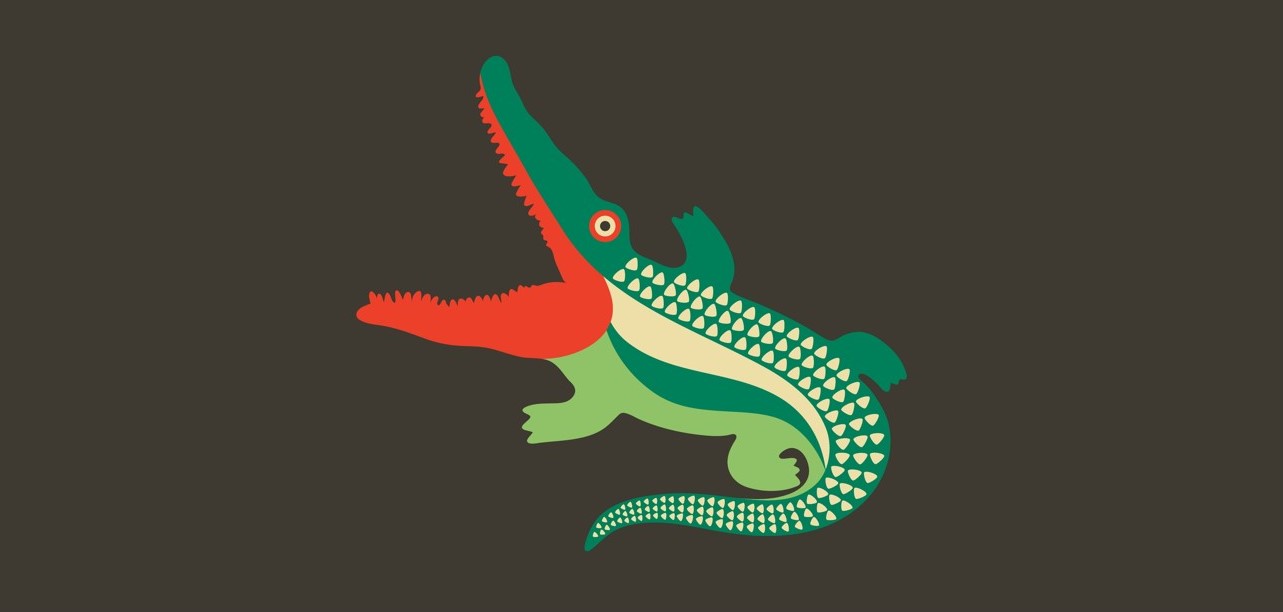Hong Kong, 7 June 2023: Within its crowded concrete jungle, Hong Kong has 52 pet gardens and 116 pet parks. We are a city of animal lovers. The outcry when our government infamously culled 2,000 hamsters amid the Covid-19 pandemic took months to subside. More than 9% of households have a dog or cat. With living space at a premium, other residents opt for a turtle, tortoise, bird or rabbit.
Or, apparently, a crocodile.
Yes, one has been seized in the New Territories after being spotted by a startled villager. Measuring a not-insignificant 1.9 metres, the reptile gave conservation officers the runaround for several hours, at one point escaping through sewer pipes, before being snared. It turned out to be a critically endangered Siamese crocodile, female, around four years old. Authorities believe it had been illegally imported and kept as a pet before being released when it became too big. It is now being cared for by zoo keepers.
The incident has raised concerns smuggling of exotic animals is on the rise with the reopening of borders. Thousands of online pet shops are listed on mainland Chinese shopping platform Taobao, highlighting all manner of creatures, with many offering delivery across the border. “Hong Kong is acting as a thoroughfare for these species,” observes Sam Inglis of environmental group ADM Capital Foundation. We are told the Agriculture, Fisheries and Conservation Department confiscated 506 animals at border checkpoints in the first three months of this year.
The presence of all creatures great and small, legal or otherwise, is enough to keep our city’s 1,100 registered vets busy. Until now, all of them have been trained overseas, but this is about to change with our first locally trained veterinary surgeons expected to start practising this year. City University founded Hong Kong’s sole veterinary school in 2017 and the first batch of 11 students will graduate soon. Experts from august veterinary bodies in the UK and Australia will visit in the coming weeks to make a final assessment of the programme and give it formal accreditation. “CityU knows it needs to seek international recognition to ensure the degree is in line with international standards,” notes Professor Ching Pak-chung, Chairman of the Veterinary Surgeons Board of Hong Kong.
An unforeseen consequence of CityU’s pioneering programme is commercial milk production. Course chiefs have flown in more than 20 cows from Australia to their farm in Tai Po, the idea being to enhance students’ experience in the handling and treatment of cattle. Now the farm provides Hong Kong’s only locally produced milk – around 1,200 cartons a day – and, while these are only being sold on campus at present, it is hoped to expand into supermarkets. “Our farm is all about sustainability and sustainable production,” points out CityU’s Professor Vanessa Barrs.
Allan Zeman would approve of such entrepreneurship. The businessman and philanthropist, one of Hong Kong’s best-known public figures, joins me on our most recent Law & More podcast for a fascinating chat. His energy, innovative spirit and passion for Hong Kong shine through. Please listen.
Like all of us, Allan is keen for tourism to continue its upward curve after the long pandemic hiatus. He is, I’m sure, aware that more than 10 million visitors arrived here in the first five months of this year, accounting for 40% of pre-pandemic levels. Even so, Tourism Board Executive Director Dane Cheng warns labour shortages and lack of flight capacity are affecting recovery. As well, International Air Transport Association Director General Willie Walsh believes our city faces a “difficult and challenging” task in rebuilding its role as an aviation hub.
Hong Kong, it might be observed, is going back to the future to woo tourists. This week, we learn that historic Haw Par Mansion in Tai Hang, built by Tiger Balm heat rub tycoon Aw Boon Haw in 1936, is reopening to the public after a failed attempt to run a music school there. Our Palace Museum, shrugging off the inconvenience of citizens who book free admission and fail to show up, has scheduled an exhibition of 3,000-year-old artefacts from China’s Sichuan province. This will be followed by a display of 52 classical paintings from London’s National Gallery. Works by Raphael, Rembrandt and Van Gogh will be on show.
Best of all, a giant rubber duck which floated in Victoria Harbour a decade ago is making a comeback, only this time it is bigger and has a friend. The two 18-metre-high inflatables will make a splash on 10 June in a “large-scale outdoor art installation” aimed at spreading “double happiness”, promises organiser Lam Shu-kam.
Naturally, such animal talk brings me back to CityU’s aspiring vets. Their only issue, says Professor Ching, is lack of experience in working with big creatures of the wild such as hippos or elephants. Don’t worry, my good man, our crocodile smugglers might yet give them the chance.
Until next time, everybody!
Colin Cohen
Senior Partner
Boase Cohen & Collins



